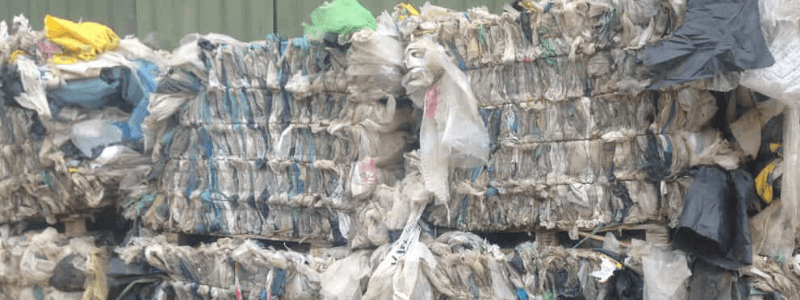Plastic wrap, also known as cling film, is a commonly used household item that is used to cover food and other items to keep them fresh. It is made of a type of plastic known as polyvinyl chloride (PVC) and is widely produced and used around the world.
However, plastic wrap is not biodegradable, meaning it can take hundreds of years to break down in the environment. When not disposed of properly, plastic wrap can end up in landfills, oceans, and other natural habitats, causing harm to wildlife and the environment.
Why is it Important to Dispose of Plastic Wrap Properly?
When plastic wrap ends up in the environment, it can cause serious problems for wildlife and ecosystems. Marine animals can become entangled in plastic wrap, and if they ingest it, it can cause injury or death. Plastic wrap can also break down into smaller pieces known as microplastics, which can be ingested by small organisms, and work their way up the food chain, causing harm to many different species.
In addition, plastic wrap that ends up in landfills can take hundreds of years to break down, and can release harmful chemicals into the environment.
How Can Plastic Wrap be Recycled and Reused?
Many communities have recycling programs that accept plastic wrap, however it can be difficult to recycle as it is often mixed with food waste or other contaminants. To increase the chances of plastic wrap being recycled, it should be clean and dry, and not have any food residue on it. Some recycling facilities have started to accept plastic wrap in curbside recycling programs, although it is not widely accepted yet.
Another option is to reuse plastic wrap. Instead of throwing it away after one use, it can be washed and used again for covering food or other items.
Companies and Charities Working to Reduce Plastic Wrap Waste
Many companies and charities have initiatives in place to help reduce plastic wrap waste. For example, some companies have started to use alternative materials for food packaging, such as paper or bioplastics. Charities and non-profit organizations also work to educate the public about the dangers of plastic wrap and how to dispose of it properly.
Frequently Asked Questions
Q: Can plastic wrap be recycled? A: Yes, plastic wrap can be recycled, but it is not widely accepted in curbside recycling programs yet. It should be clean and dry, and not have any food residue on it.
Q: How long does plastic wrap take to break down in the environment? A: Plastic wrap can take hundreds of years to break down in the environment.
Q: What are some alternatives to plastic wrap? A: Some alternatives to plastic wrap include paper or beeswax wraps, and silicone food covers.
Conclusion
Plastic wrap is a commonly used household item, but it can have serious negative impacts on the environment if not disposed of properly. By recycling, reusing, and supporting companies and charities that work to reduce plastic wrap waste, we can help to protect wildlife and ecosystems.










